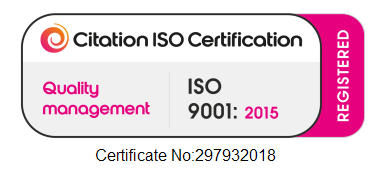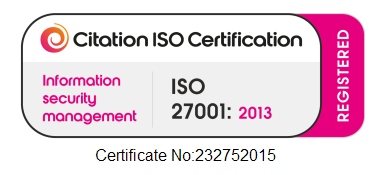
2 Nov 2021
E-scooter injuries, medical reports and rehabilitation journeys
At first glance, E-scooters can look like harmless fun. Who would think that these innocuous two-wheeled contraptions designed for environmentally friendly, urban exploring and getting about could ever possibly generate such heated debate? Or indeed, be cited as instrumental in personal injury claims lodged against individuals wielding E-scooters when an accident took place.
E-scooters are increasingly being blamed for a spate of injuries to pedestrians and cyclists in the UK. By the end of this year alone, it’s predicted that some two hundred thousand accidents will involve E-scooters in some capacity.
Which is admittedly, cause for concern.
Existing legality surrounding E-scooter use in UK
Over forty towns and cities across the UK are trialling E-scooters, as part of a far-reaching government initiative looking into a range of sustainable alternative transport measures, which translates as a significant number of people zipping around metropolises. Which in turn could equate to a large percentage of potential accidents and injuries.
But before we scrutinise the types of injuries victims of E-scooter accidents are reporting, let’s take a quick look at where legislation currently stands on E-scooters and their accepted terms of use. You can’t ride a privately-owned one on public roads, pavements or in designated cycle lanes. Although exemptions are in place in selected London boroughs, as well as Nottingham, as part of an approved government trial, and specifically for rented E-scooters alone.
You can only ride any E-scooter if you hold a full or provisional driving licence. By that token, the same rules of the road apply as they would if you were driving any other type of vehicle on public roads, including possession of insurance, tax, MOT, licence and registration.
Predominant personal injuries noted in E-scooter accidents
Addressing the all-important safety concerns, the latest data shows that more than fifty-seven people were injured in the UK where E-scooters were involved, according to figures released by the Department for Transport. Coventry even temporarily suspended its E-scooter trial after just five days, with fears over safety regarding pedestrians and vulnerable road users.
Types of injuries more prevalent in cases of E-scooter collisions have been compared to the sort more commonly associated with cycling injuries, as reported by several hospital A&E departments. Putting percentages to injury types, it appears that some twenty-eight percent of injuries affect the neck and head, with concussion, lacerations and brain damage the more recurrent examples.
For its part, the British Medical Journal has researched when E-scooter accidents are most likely to occur, and how alcohol intake might impact on rider and pedestrian/cyclist safety. However, shedding light on the main injury type, the BMJ points to evidence regarding head, and upper and lower extremities the most susceptible to injuries, especially due to falls and collisions.
What the BMJ’s study did find interesting was the distinct lack of helmet use playing a pivotal role, where injuries consistent with helmet-less falls included broken bones to the skull and nose.
Claiming personal injury compensation and medical report compilation
On the back of this latest trend, personal injury claims will undoubtedly rise and if you have been injured by an e-scooter as a pedestrian which was rented as part of Government-backed trial or a company that rent out the e-scooters they should have insurance arranged which makes pursuing a claim easier. At Speed Medical our experts create medical reports for a wide and varied range of clients’ interests, covering public and employer liability areas through to clinical negligence.
If you instruct us to compile a medical report on a client, to determine whether or not the injuries they have suffered are consistent with an E-scooter accident, then our clinical experts will provide extensive accounts of the injuries which present, and research and organise the facts that they uncover as part of the medical reporting processes and protocols.
For more information about this, please don’t hesitate to contact us.






